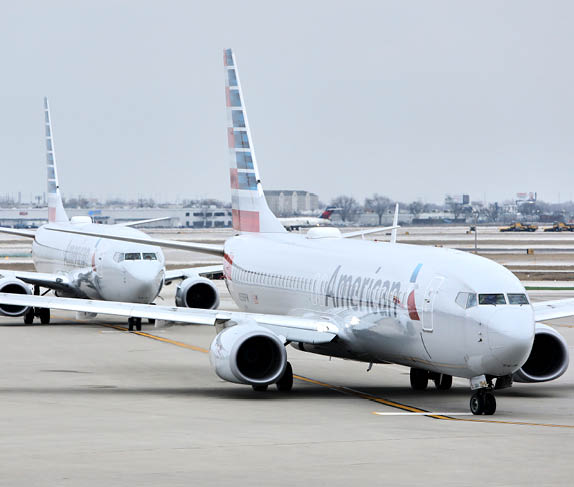All eyes are on Capitol Hill this week. If the US Vice President Mike Pence and Secretary of State Mike Pompeo delegation gets short shrift in Ankara tomorrow then we can expect a full spread of US sanctions on Turkey before the end of October.
Meanwhile, President Erdogan has stated today that he will not cease his invasion of Northern Syria no matter what the US or Russia do (hence this editorial) and his forces are now already standing opposite the Russian backed forces of the Syrian government and the remains of the Kurdish army – essentially either side of the M4 motorway in Syria, which is fast becoming the division line between the two sides.
If Turkey is placed under strict US sanctions then the aviation sector will be hit very hard indeed.
Would lessors have to withdraw their equipment from THY and Pegasus at once?
Would banks have to withdraw facilities to Turkish bound entities and assets? The answer would be yes in the most extreme circumstances. And that would only be the beginning. Likely, Turkish Technic would not be able to continue third party maintenance; THY and Pegasus would not be able to procure parts; and many tour operators would be pushed into the red; not to mention the scheduled flights that would be affected with easyJet and Ryanair along with all other European majors left with aircraft to redeploy. There is also then the worry about flying over Turkish airspace. Any of this would be a shock to the system.
The industry is in the hands of both NATO and Russia that have common ground to ensure Turkey backs down and withdraws its forces. If that does not happen, a very large part of the current aviation market will be impacted –are your offices prepared for the worst case scenario?
This year has turned into a minefield for lessors. 2019 has seen various combinations of events combined to conspire against lessors and damage cashflow. Grounded aircraft, airlines not willing to pay lease rates while they are grounded, while manufacturers still demand PDPs from the lessors. If manufacturers are found to be liable for the grounding of aircraft, lessors may opt for legal action for compensation, like airlines. Such a scenario, with the obvious cashflow impacts, might push those same manufacturers to consider chapter 11 protection? All of this is conjecture at this point but such scenarios are being discussed in the market.
Right now, there are 787s still on the ground due to engine faults, MAX aircraft are on the ground, 737NGs over 35,000 cycles are being checked with 1 in 8 grounded with six week heavy maintenance required to get them back in the air – that might not make economic sense for some owners.
The SWISS A220 fleet is also grounded after finding faults. Yesterday, SWISS Air Lines grounded its entire A220 (C Series) fleet of 29 aircraft after a mid-flight engine fault forced a London to Geneva flight to conduct an emergency divert to Paris. Airbus and Pratt and Whitney are looking into the situation. Airbus and Pratt & Whitney are investigating the issue, but P&W has confirmed that it is recommending additional checks on the low pressure compressor for PW1500G and PW1900G engines that will affect Embraer E2 aircraft also.
This is a year of shocks that no lessor could in all reality have pre-planned for. How lessors navigate this minefield and protect their bottom line will speak volumes to current and potential investors for years to come. Now is a time when it is well worth while asking what mitigating factors are in place and what are being put into place.

